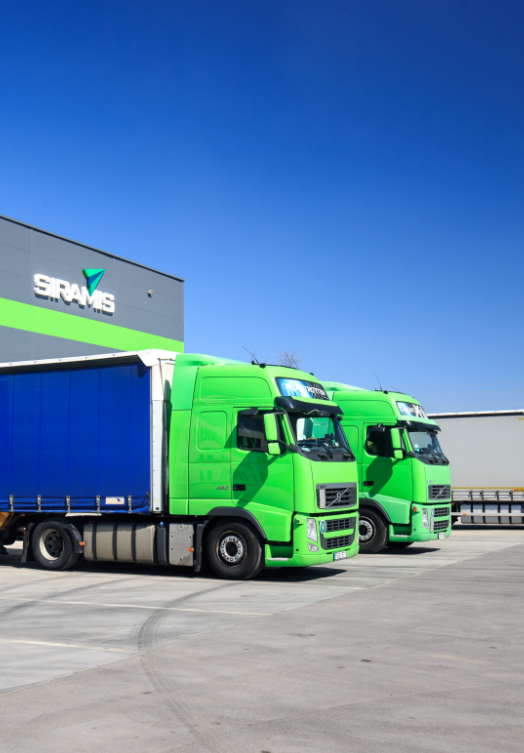ADR
ADR – transportation of dangerous goods
ADR is an agreement that regulates the transport of dangerous goods in Europe. It defines the packaging, protection and labelling of such materials: dangerous goods cannot be transported like regular ones. Transportation of dangerous goods is possible only if the company has ADR certificates.
This is necessary because the transportation of dangerous goods is a more complex process. Dangerous goods are considered as such if careless transport or storage can cause poisoning or illnesses, burns to people and animals, as well as explosions and fires. Transportation of dangerous goods can damage other items, buildings or equipment. Moreover, this type of cargo can pollute the environment. These are the reasons why transportation of dangerous goods is carried out only with the ADR certificate that ensures compliance with all international organisations’ requirements.
Companies that transport dangerous goods regularly must have an adviser in the field, and drivers must complete specific qualification training every 5 years.
Due to these reasons, the transportation of such goods should be entrusted to the partner whose transport services include a guarantee that dangerous goods taken from the consigner will reach the consignee successfully and safely. The transport company Siramis can ensure that the transportation of dangerous goods is carried out in compliance with Lithuania and EU standards and applicable laws.


Different certificates
There are different types of ADR cargo. Depending on its type, transport services and what cargo can be transported also differ.
For example, hazard class 2 covers types of gases, 3 – flammable liquids, 4 – flammable solids, 5 – oxidising substances, 6 – toxic substances, 8 – corrosive substances, 9 – other miscellaneous hazardous materials.
Siramis cannot transport dangerous goods only under class 1 (except 1.4S classification, e.g. empty cartridges) and class 7. These are explosive materials and radioactive materials.
Special attention to the cargo
According to the order of the Lithuanian Transport Safety Administration, the transportation of dangerous goods is the responsibility of all the parties: carrier (driver), consignee and consignor; therefore, the transportation of such goods is especially important to UAB Siramis business. The transportation of dangerous goods requires special precautions.
For example, the consignor who sends dangerous goods must classify the material appropriately, pack and mark according to the requirements and provide the carrier with data and other documents (permits, notifications, certificates, etc.).
Carrier’s responsibility is just as important: he has to know freight transport conditions, hazards and transport risk. UAB Siramis carries out transportation of dangerous goods when the specialists plan a special route, choose the most suitable and fastest roads and predict other circumstances. The transport company specialists ensure that the transportation of goods is completed in time and as promised to the client.
UAB Siramis offers transportation of dangerous goods in Europe and Lithuania.